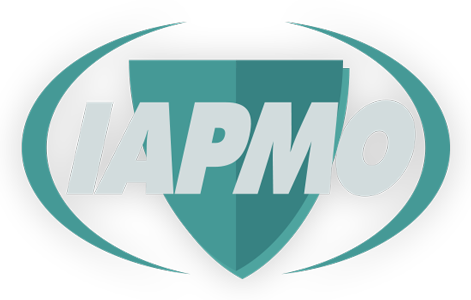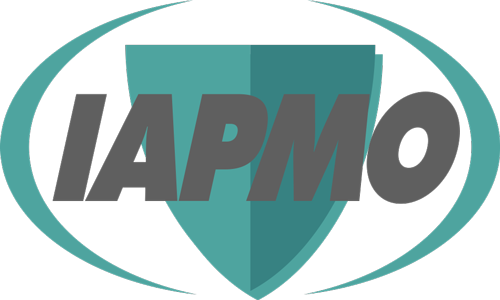Let me start by saying right up front: this is a story about a competitor.
My organization, the International Association of Plumbing and Mechanical Officials (IAPMO) competes with the International Code Council (ICC) for code adoption throughout the U.S.
This means I’m not a disinterested party to their actions. But it also means I have first-hand experience relevant to ICC’s announcement a couple weeks ago that they are changing their process to update their International Energy Conservation Code (IECC).
My story starts a little over a year ago when ICC published a report claiming that their plumbing code saves money for builders, homeowners, and developers as compared to the IAPMO plumbing code.
The claim was based on outlandish assumptions, such as declaring the average single-family home built in the U.S over the past 12 years is 4,500 sq ft—more than 90% larger than the actual median size of U.S. single-family homes. And with a 32-foot-high roof!
Their report was so severely flawed, we expected it would be easy to refute. But we learned that the complexities of plumbing science were no match for what was frankly disinformation-driven sound bites wrapped up in what one of our subject matter experts called a “science-y looking” report. In a world where we all compete for limited attention, it proved challenging to help policymakers cut through this fog. (We do so here in this document highlighting the false and misleading claims contained in the ICC’s report.)
With the ICC’s recent announced change to the IECC code development process, I see the same disinformation approach and it’s disheartening. ICC distributed a press release, an executive summary and an infographic to claim their shift will create more transparency and consensus. Claiming to follow an American National Standards Institute (ANSI) process creates fog to casual readers who don’t know the difference between standards and codes. Not sure what that means? That’s the point.
You might want to write me off as a disgruntled competitor, but here’s a truth: there are many good and highly principled professionals who serve ICC, just like we have at IAPMO. Industry interests from builders to plumbers to manufacturers absolutely should have a voice in model code development. We are the experts.
The issue is guarding against one special interest dominating. What isn’t said in any of ICC’s materials is that the ICC’s governmental consensus process lacks true consensus of all those affected by their codes.
Fortunately, many entities have seen through the fog on this one, recognizing the need for a true consensus process and criticizing the ICC’s actions. Model codes must be developed based on research, utilizing a transparent and true consensus development process. Only in this manner will municipalities and construction professionals have confidence in our industry’s ability to deliver solid guidance on building for resiliency, sustainability, and public health and safety while balancing affordability.

